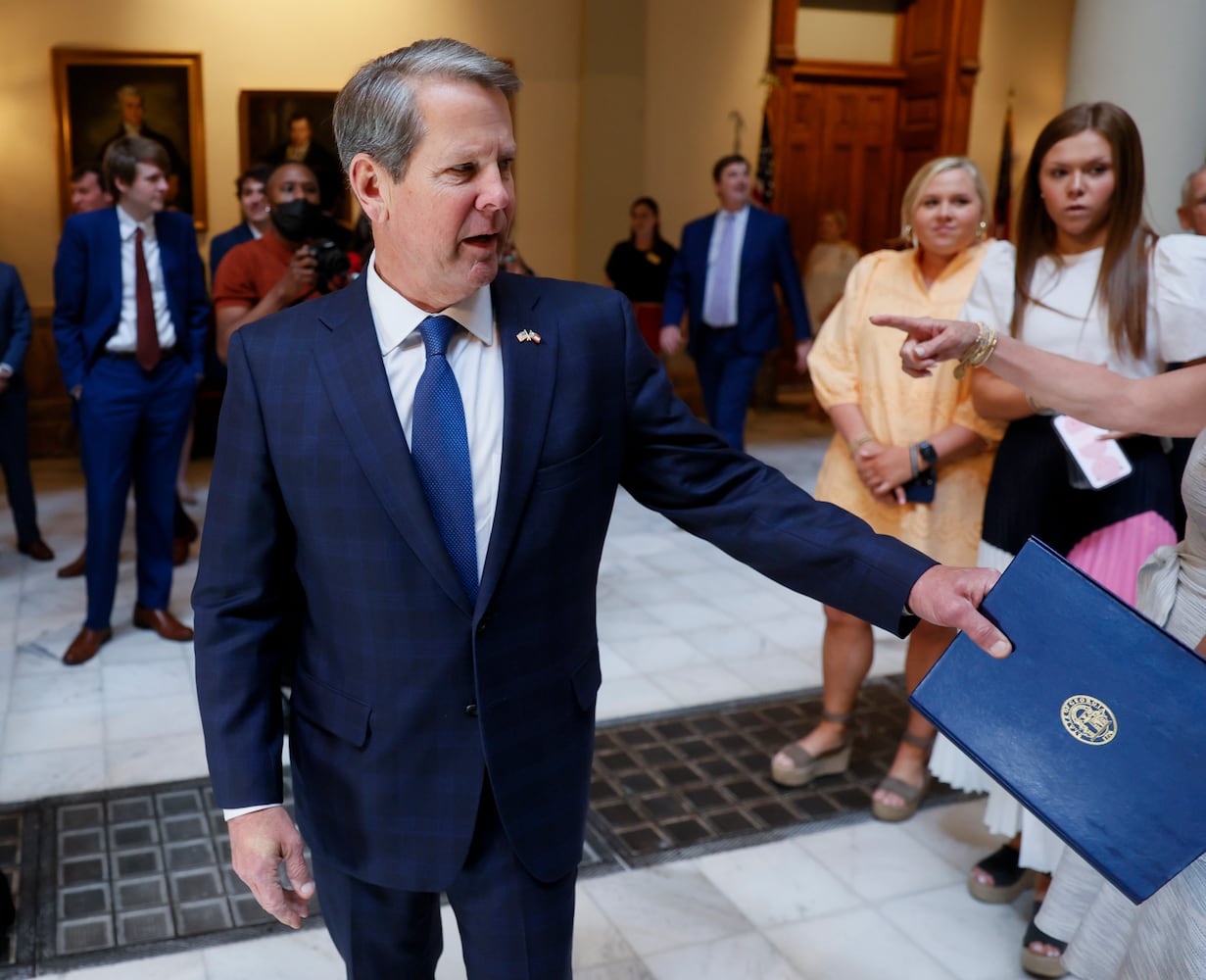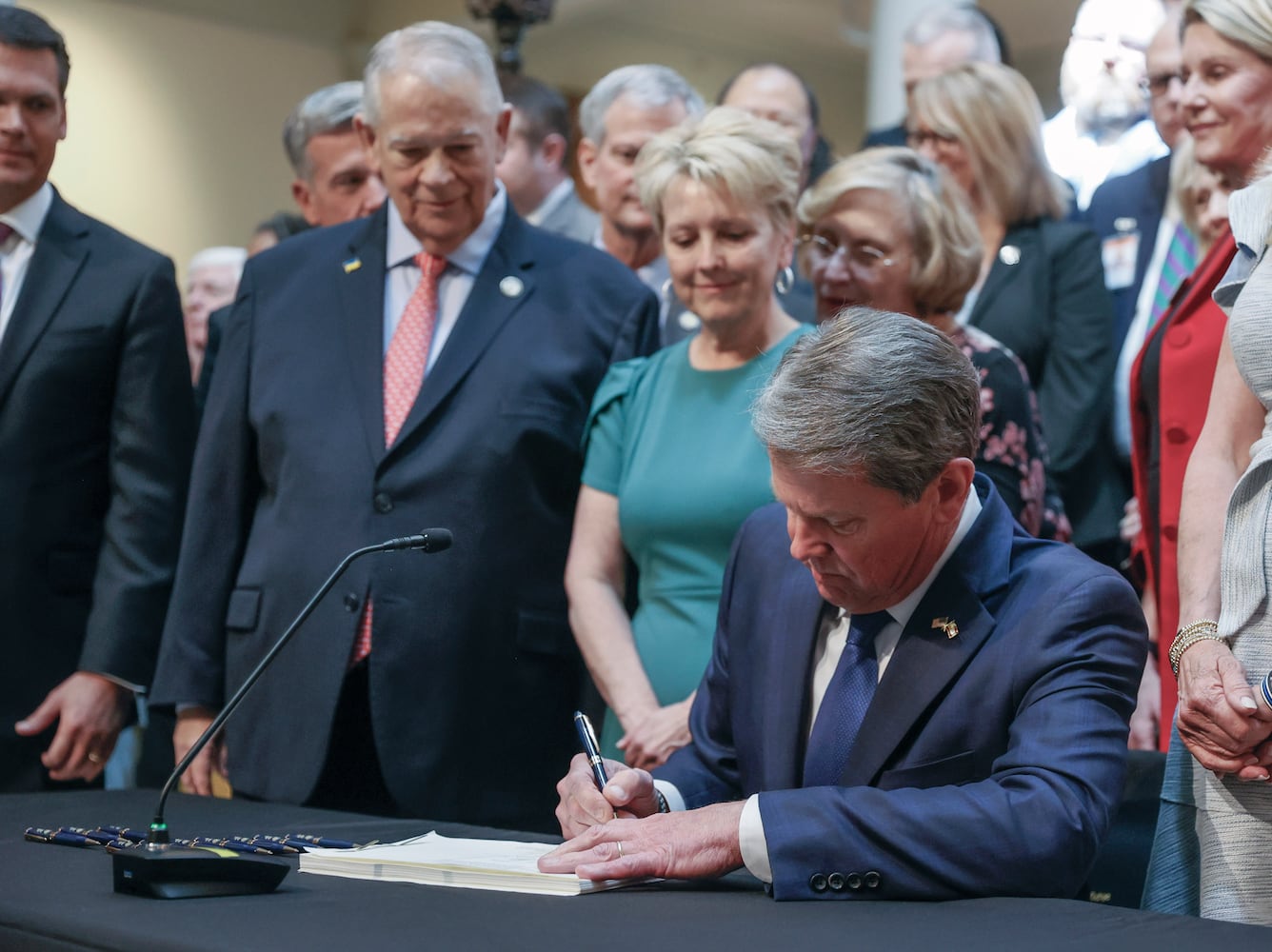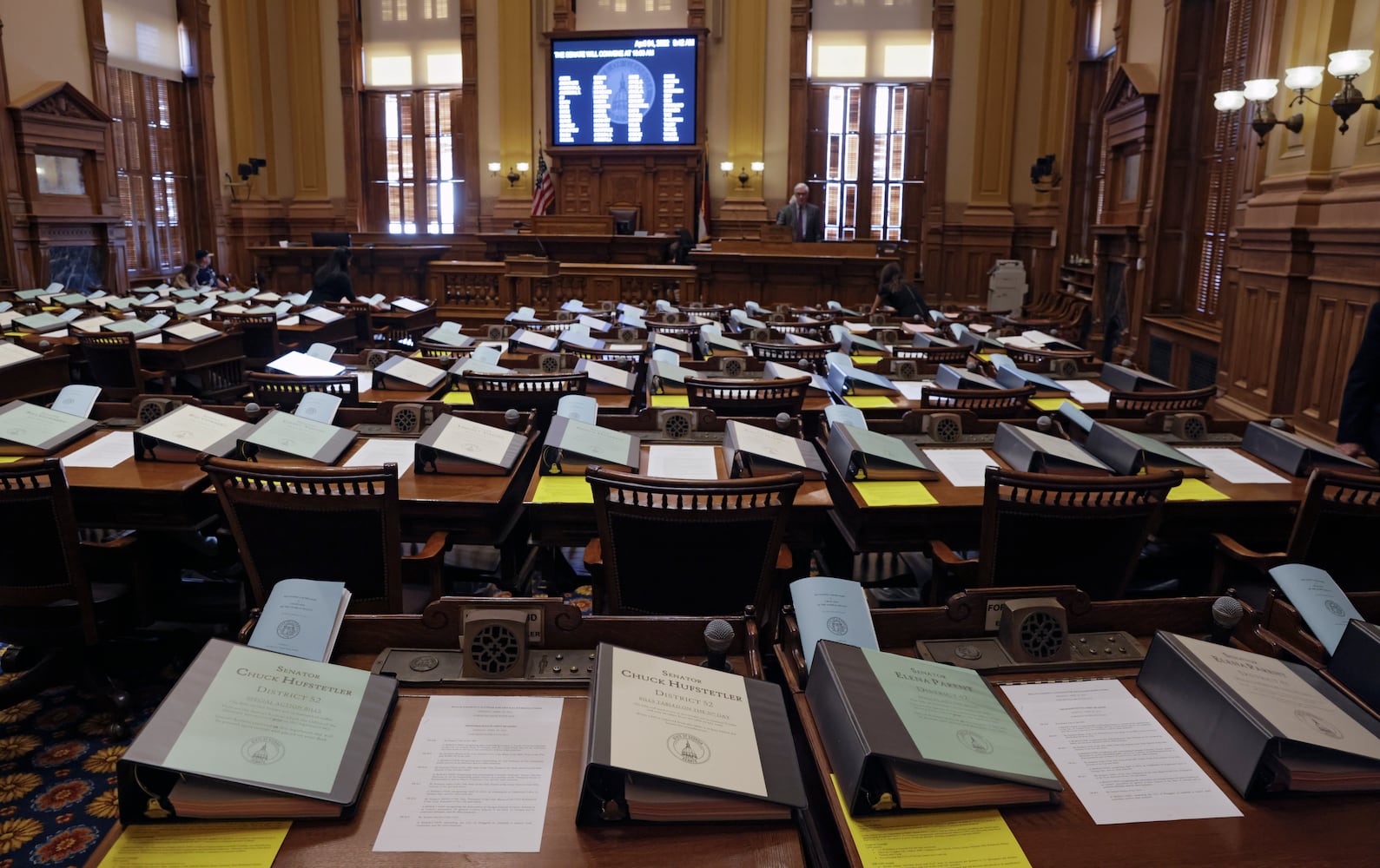The General Assembly waited until the final hour of the 2022 session to approve a $30.2 billion spending plan for the coming year, cut state income taxes and raise lawmaker pensions.
Monday was the 40th and last working day of the session, and lawmakers raced to get as many measures as possible through at the last minute.
Besides the tax and spending measures, the Republican majority in the waning minutes passed legislation to limit how race is discussed in k-12 classrooms, but only after amending the bill to address transgender girls in sports.
The legislation was amended to create a school athletics oversight committee to study and determine whether transgender students should be allowed to participate in public high school sports that align with their gender identity.
The move got around a bill that passed the Senate but did not get a hearing in the House. That bill, Senate Bill 435, would have required student athletes to play sports according to the gender on their birth certificate.
The General Assembly also approved a bill that would give the Georgia Bureau of Investigation authority to investigate election fraud complaints. Under the measure, Senate Bill 441, the GBI would be able to launch election inquiries and subpoena records on its own. Previously, the GBI assisted election investigators in the secretary of state’s office.
The measure was the latest effort to change election laws after the close 2020 presidential vote, when Democrat Joe Biden defeated Republican Donald Trump in Georgia by about 12,000 votes.
The new state budget included nearly $580,000 for four GBI positions to investigate election complaints.
The marathon day at the Capitol began with House and Senate budget writers agreeing to a spending plan that included raises for teachers and state employees and record funding for k-12 schools, colleges and mental health programs. The Senate approved it at midday, the House not until near the end of the session.
“This is the largest investment the state has ever made in k-12 education,” House Appropriations Chairman Terry England, R-Auburn, told colleagues before the chamber gave final approval to the plan around 11 p.m. Monday.
In the final hour of the session, the House and Senate also approved a measure to gradually drop the state’s income tax rate from 5.75% to 4.99%.
Under a rewritten House Bill 1437, a compromise was reached to lower the rate to 5.49% in 2024, stepping down gradually until it reaches 4.99% in 2029.
Standard exemptions would rise gradually as well. The standard exemption would go from $2,700 for single filers to $12,000. For married couples filing jointly, it would go from $7,400 to $24,000.
“It’s simple, it’s fair and it allows hardworking Georgians to keep more of their money,” said House Ways and Means Chairman Shaw Blackmon, R-Bonaire.
The original House bill would have saved taxpayers $1 billion a year. The final version could eventually save even more, but it would take several years.
It also would delay the phase-in of lowered rates any year the state doesn’t have enough money in reserve to pay for it, any year state tax collections don’t grow at least 3% or if collections are lower than any of the five previous years.
A bill to ban any state or local agency, government or school from requiring anyone to get a COVID-19 vaccination also won final approval. Sometimes referred to as a “vaccine passport,” state senators voted 34-20 in favor of Senate Bill 345.
The bill would not apply to health care providers. It would also allow government agencies to require vaccines if the state loses its legal challenge against President Joe Biden’s policy requiring federal contractors to get vaccinated.
The Senate gave final approval to House Bill 1, which would prevent colleges from limiting individuals or groups seeking to push views to “free speech zones” on campuses. The bill’s sponsors say the zones and other measures targeted in the bill have made it tougher for conservative students and groups to speak on Georgia campuses by requiring them to speak in certain spaces.
Some students spoke at a hearing earlier this year against the bill, saying it could make it easier for extremist groups to speak on campus.
The last vote of the night came at 12:15 a.m. Tuesday with final passage in the Senate of legislation to increase the pensions of state lawmakers.
A perennial effort to expand gambling fell by the wayside when a resolution that would put the question to voters failed to get enough votes to make it out of the House committee that sets that chamber’s calendar. Sports betting lobbyists were still in the halls most of the day, saying there still was hope for the effort. They turned out to be wrong.
Keep Reading
The Latest
Featured









